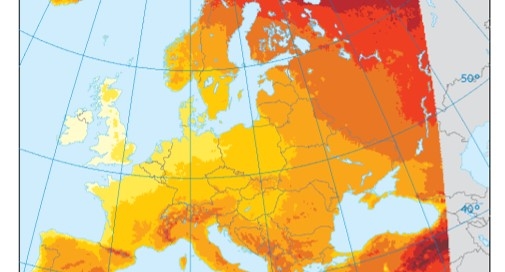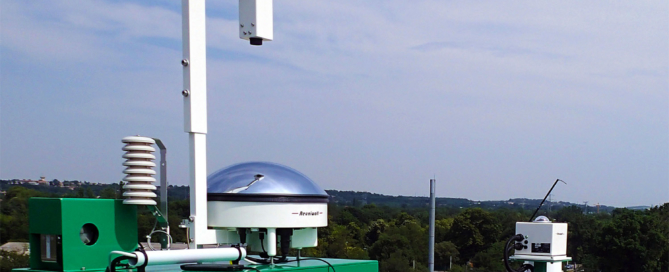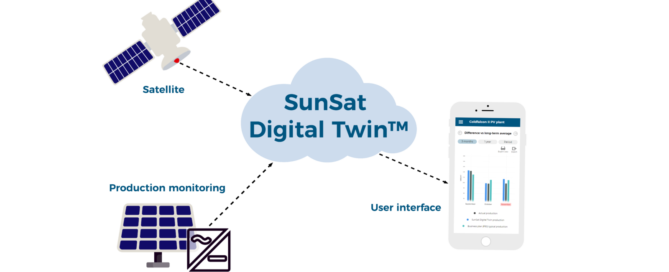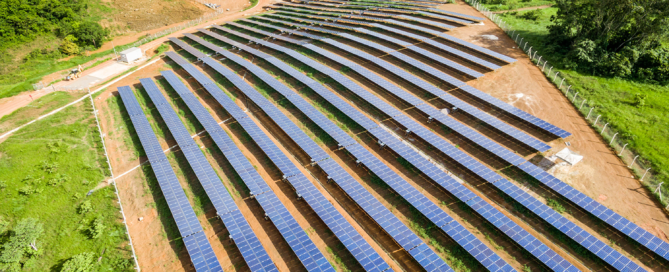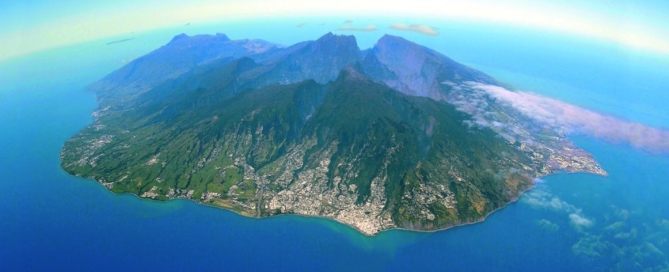Climate Change: Perspectives for the European PV Sector
In his Climate Speech on 23 Jan 2020, UN Climate Change Deputy Executive Secretary Ovais Sarmad called 2020 "a critical year for addressing climate change." In Europe, where tenders and PPAs are expected to push the market for largescale installations in the coming years, self-consumption is an important aspect, and the consumers are ready for the transition to renewables, too: 70% of Europeans surveyed intend
